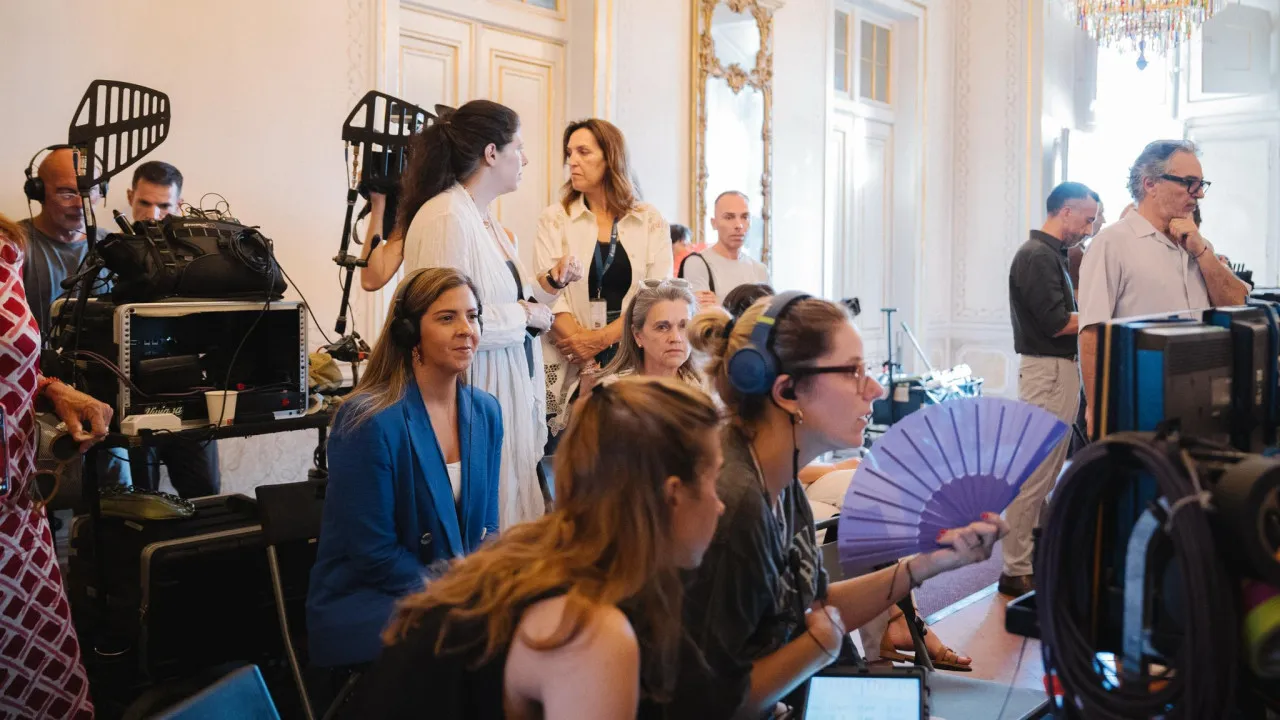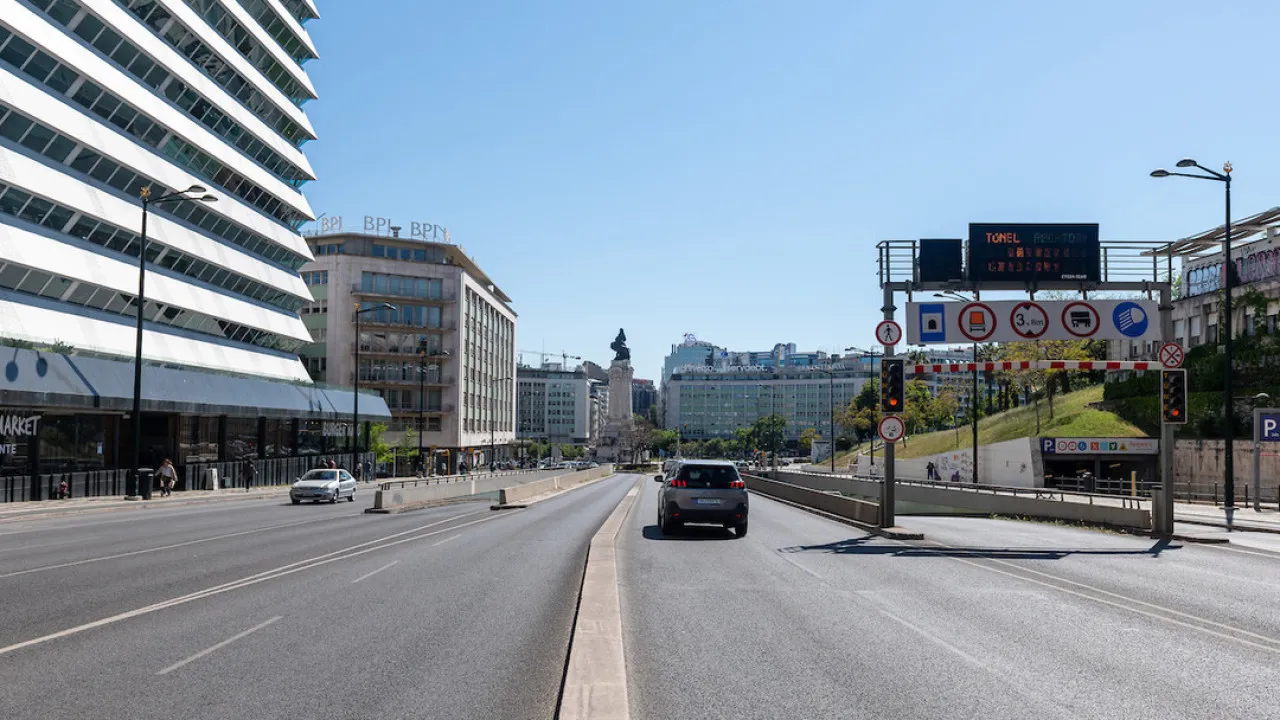Nearly half (49%) of young Portuguese between the ages of 14 and 30 claim to be Catholic, according to a study by the Center for the Study of Portuguese Speaking Peoples and Cultures (CEPCEP) for the Portuguese Episcopal Conference (CEP).
The results of the study developed by that department of the Catholic University, in the context of the World Youth Day (WYD) and the covid-19 post-pandemic, also point out that, considering other religions, “56% of young Portuguese are religious.
Religiosity “is an important dimension of the lives of young people in Portugal,” with about 88% of those who claim to be religious being Catholic [followed by 6% Evangelical or belonging to a Protestant Christian religion and 1% Jehovah’s Witnesses], and of these, 68% say they are practicing, points out the work released today and that was conducted between April and October 2022, with 2,480 responses to the survey.
The team coordinated by Patrícia Dias points out, in its conclusions, that these are significant values, given the “more or less generalized perception” that we live “in a desecrated society”.
The study points out that “a third of the total youth (34%) say they are not only religious but practicing, praying regularly, participating in celebrations, or being in groups in their religious community.”
As for non-practicing believers, “the main reason given for the absence of religious practice is the lack of commitment and engagement”, however, in the 18 to 30 age group (young adults), “the absence of religious practice is based more on disagreement with some norms of that practice (44%)”.
On the other hand, the survey concluded that religious practice “is accompanied by a great deal of tolerance towards different manifestations of religiosity,” with 51% considering “there is truth in all religions,” and a minority saying that only their religion is true (5%) or truer than others (12%).
It is also verified that “11% of practicing believers stated that they participate in activities of other religions (…), because they find inner peace (4%), to accompany family or friends (3%) or because they feel welcome (3%)”.
Another point that the survey focused on was the discrimination suffered due to religious positions, with 18% of all young people responding that they had already been discriminated against, the highest percentage being among young adults [18-30 years old], 24%. Among friends and at school/university was where this discrimination was the most common.
The study “Youth, Faith, and the Future” also addresses the concerns of the younger generations about the times ahead, with war (63%), climate change (55%), and equity and discrimination (54%) being the most sensitive issues for the total universe of respondents (religious and non-religious).
On the other hand, CEPCEP’s work points out that for non-religious young people “it is not important to have a family that includes children,” a goal that “is important for religious people,” who “do not value so much being able to make the choices they want, regardless of family or society.”
“Catholics, rather than job stability, value having a job that makes them happy and finding a partner to share life with, as well as starting a family with one or more children.”
As for the values they consider most important, the universe of the study pointed to respect (59%), freedom (57%), love (52%), and honesty (51%), with non-religious young people placing the emphasis on freedom and religious young people on love.
It should also be noted that “young people are not very participative in terms of activism (15%) or volunteering (26%)” and that “45% of Catholics believe that prayer can contribute to a better future.
The team responsible for the study concludes that there are variations depending on religiosity, as to the order of the concerns or the factors that determine the future happiness of young people, but adds that, if you choose “the factor that most marks the difference between religious and non-religious young people would be the family, both as a concern and as a factor of happiness.
“Knowing their beliefs, the values that govern their behavior, and the way they envision the future are determining objectives to better understand and accompany young people on their path to spirituality and faith (religious or otherwise),” say those responsible for the study.








